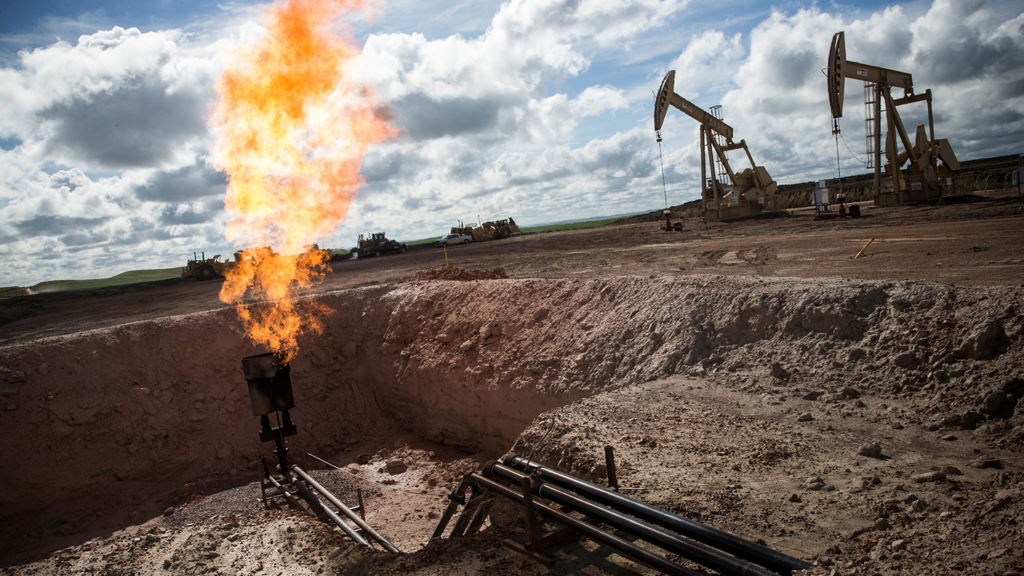
According to Howden’s Reinsurance Market Report, heightened volatility caused by various aspects of the current risk landscape has led the market to harden in several areas to a degree not seen since 2006.
With unexpected losses from Ukraine coming fast on the heels of COVID-19, and reported claims to date for the former only representing a fraction of ultimate loss projections, reinsurers’ exposure to loss aggregation in the modern risk landscape has contributed to the transitioning reinsurance cycle in 2022.
Climate, war and capital are coalescing to create a tipping point for the reinsurance market. Pressures are particularly acute in the property-catastrophe space, says Howden, where reduced capital inflows, rising inflation, and a succession of expensive climate change-related secondary peril losses have strengthened reinsurers’ resolve to demand higher returns.
The property-catastrophe market is currently in the eye of a price, risk, and supply chain storm.
The environment of excess capital that persisted for most of the last decade has been replaced by a capacity crunch and increased demand. Pricing and risk appetites are responding accordingly.
Nonetheless, capital providers’ price expectations have shifted in line with structural changes to the loss environment, meaning that 2023’s reinsurance renewal cycle is likely to see further pricing pressures, irrespective of whether the wind blows this year or not.
It adds that differentiated capital market expertise is just one area where intermediary advice can help cedents secure the best and most cost-effective coverage available in the current environment.
by Yana Keller




